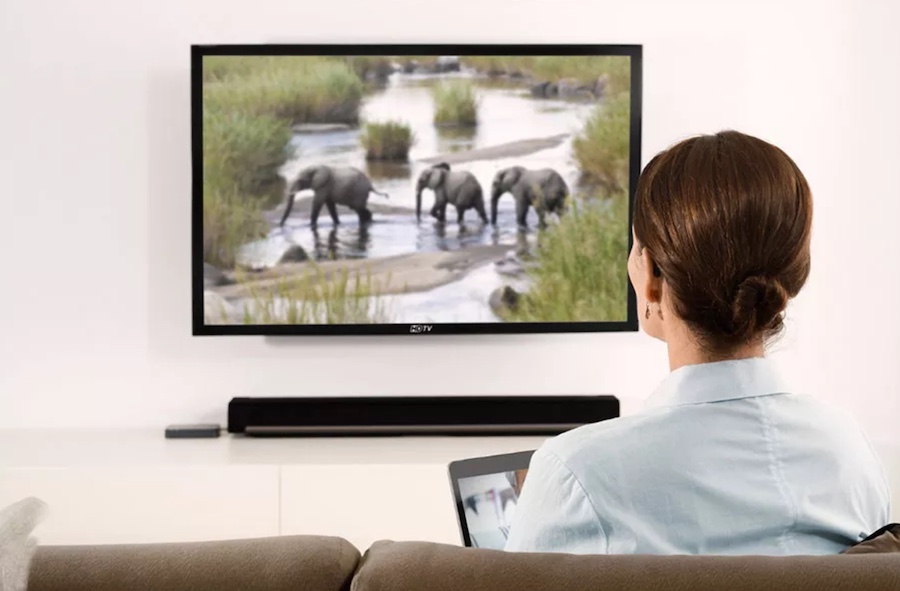If you have hearing loss, you have questions — and our audiologists are here to answer them.
Here are four they often hear.
1. Will my hearing loss get worse if I don’t treat it?
Yes, hearing loss increases if left untreated. Age-related hearing loss (presbycusis) is slow and progressive, affecting both ears. Presbycusis begins in high-frequency sounds and progresses to lower frequencies.
2. What about related health risks if hearing loss is untreated?
Untreated hearing loss can lead to declining cognitive health, increased risk of falling, and higher rates of depression and isolation.
- In a study that tracked 639 adults for nearly 12 years, Johns Hopkins hearing expert Frank Lin, MD, PhD, and colleagues found that mild hearing loss doubled dementia risk, moderate loss tripled the risk, and people with severe hearing loss were five times more likely to develop dementia.
- The National Council on Aging commissioned a survey in 1999 of nearly 4,000 adults. The survey showed that people with untreated hearing loss had significantly higher rates of depression, anxiety, and other psychosocial disorders.
- Left untreated, hearing loss reduces a person’s quality of life and threatens their independence. Hearing loss promotes withdrawal from family and friends, resulting in social isolation.
- For children and adults, the psychological effects of untreated hearing loss often include outbursts of anger, low self-confidence, frustration, embarrassment, and depression.

3. Is my tinnitus hearing loss?
Tinnitus, ringing or buzzing sounds in the ears, is not hearing loss but is frequently linked to it. For example, up to 90% of people with tinnitus have some level of noise-induced hearing loss.
- Tinnitus is usually caused by an underlying condition, such as age-related hearing loss, an ear injury, or a problem with the circulatory system.
- Tinnitus is common — 94% of people with normal hearing experience it at some point.

4. What are the advantages of Bluetooth hearing aids?
Bluetooth hearing aids offer many benefits. Here are six:
- Personalized listening: Bluetooth hearing aids are designed to match your unique hearing needs, providing a personalized listening experience. You can control all the settings.
- Multiple connections: Bluetooth hearing aids can be connected to multiple devices, such as smartphones, tablets, and TVs, allowing you to stream phone calls, music, and other audio directly to your hearing aids without intermediate devices.
- Remote control of your hearing aids: Many Bluetooth hearing aids come with a remote control app that allows you to adjust the settings of your hearing aids from your smartphone.
- Improved phone conversations: Bluetooth hearing aids allow you to hear phone conversations more clearly, making communicating with family and friends easier.
- Better sound quality on video chats and TV programs: Bluetooth hearing aids can improve the sound quality of video chats and TV programs, making it easier to understand what is being said.
- Better binaural hearing: Bluetooth hearing aids improve the clarity of your hearing. By communicating with each other, the hearing aids coordinate the sounds received by each ear. Bluetooth hearing aids sync volume changes, reduce background noise, and have more robust directional microphones.

Do you have a question? Submit your questions here, and we will review them for future posts.
Healthy hearing starts here
Call to schedule a free, 15-minute hearing screening with an audiologist. Don't guess about hearing loss. Find out.
If you have hearing loss, your audiologist will explain —
- How much hearing you've lost
- Whether your hearing needs treatment
- The hearing-aid options available to treat your hearing loss
Don't let untreated hearing loss threaten your health and happiness.

